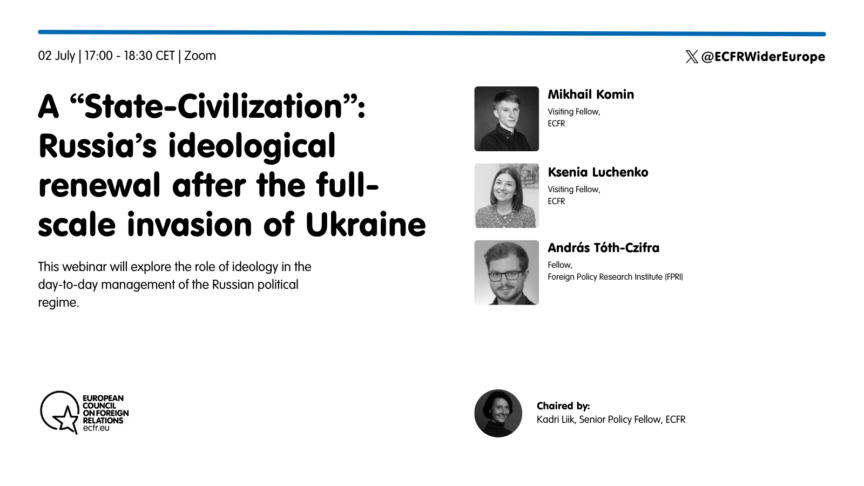
A “State-Civilization”: Russia’s ideological renewal after the full-scale invasion of Ukraine
This webinar will explore the role of ideology in the day-to-day management of the Russian political regime

Visiting Fellow
Russian Orthodox Christianity and its influence on Russian politics and society; church-state and church-public relations in eastern Europe; political and cultural history of the Russian Orthodox Church in the 20th and 21st centuries; Russian media and journalism, propaganda, and ideology
Russian, English, French
Ksenia Luchenko is a visiting fellow with the Wider Europe programme at the European Council on Foreign Relations. She is a journalist, researcher, and analyst who emigrated from Russia in April 2022. Previously, she was dean of the Department of Media Communications at the Moscow Higher School of Social and Economic Sciences and head of the Department of Theory and Practice of Media Communications at the School of Public Policy of the Russian Academy of National Economy and Public Administration.
Luchenko is the author of several dozen journalistic and scholarly articles on religious life in post-Soviet Russia and the role of Orthodoxy in the formation of the Putin regime. She is also the editor of several documentaries about Soviet dissidents and intellectuals. She holds a PhD in philology from Moscow State University

This webinar will explore the role of ideology in the day-to-day management of the Russian political regime
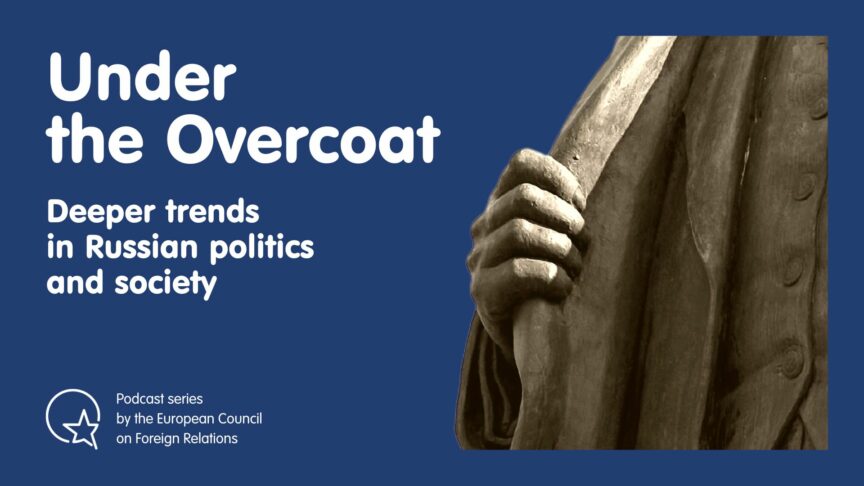
In this final episode, we discuss how the war has transformed Russian society and political culture, and outline possible scenarios for its medium to long term political trajectory
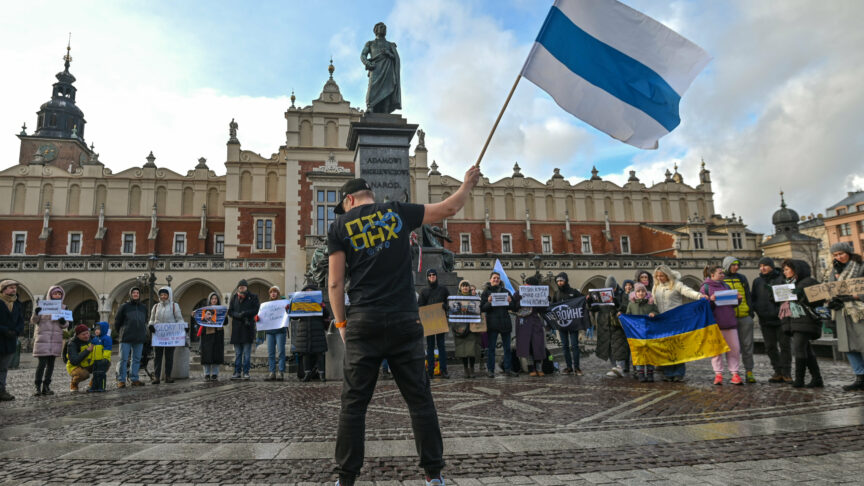
European governments need a more coordinated response to Russian democrats in exile – to give them certainty for the future and help guard against Kremlin subversion

This podcast explores deeper trends beneath the surface of Russia’s daily politics. In this episode, we examine public opinion in Russia
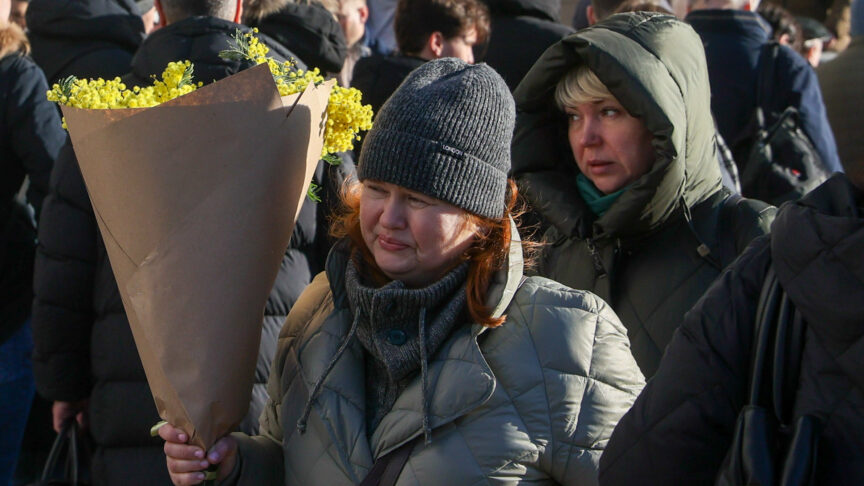
The biggest threat to Vladimir Putin’s strongman rule may just come from women – especially when they base their activism on the very ‘traditional values’ he purports to venerate
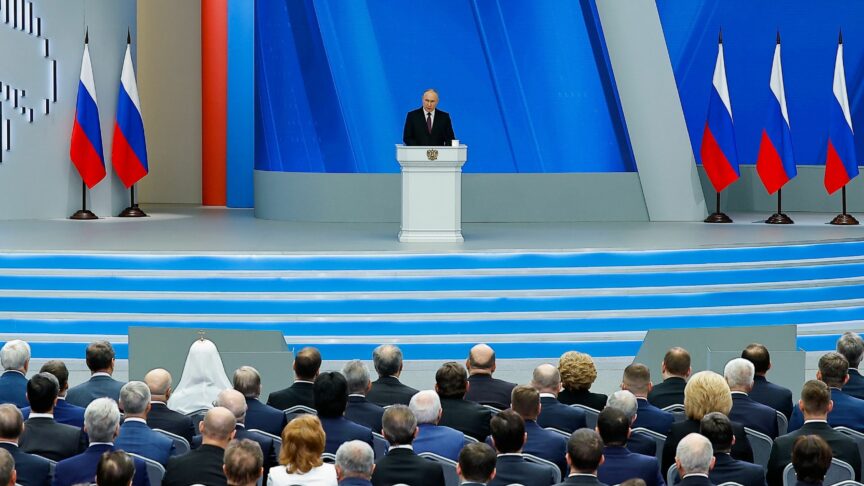
Vladimir Putin is ramping up his radical-right credentials. This reinforces his grip on power in Russia, but it could also increase his influence worldwide

The Russian Orthodox Church is supporting Russia’s war on Ukraine in its sermons, sending priests to the front, and collecting humanitarian aid for soldiers and…

On 1 September, Russian high schools transitioned to new “patriotic” history textbooks authored by one of Russia’s staunchest conservatives, former culture minister Vladimir Medinsky. How…
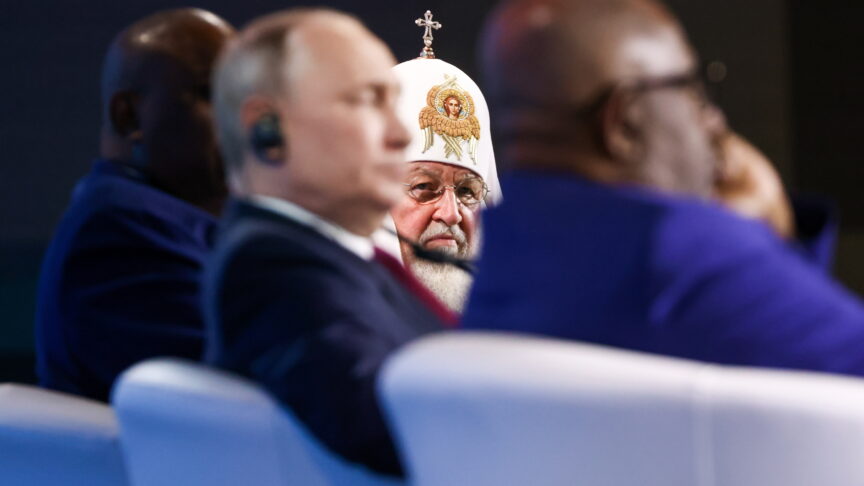
The Russian Orthodox Church’s expansion into Africa is a reminder that Western policymakers should treat the church as an arm of the Russian state
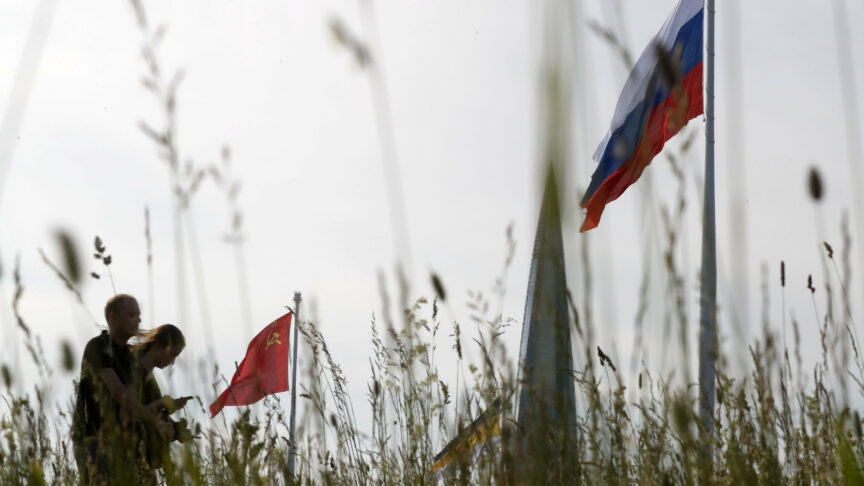
Russian president Vladimir Putin presents himself as the antidote to the pain of the 1990s, instead fashioning his leadership as a continuation of Russia’s grand history. By reconciling with this past, Russia’s opposition can threaten Putin’s legitimacy and offer Russia a path towards a new political future

European governments need a more coordinated response to Russian democrats in exile – to give them certainty for the future and help guard against Kremlin subversion

The biggest threat to Vladimir Putin’s strongman rule may just come from women – especially when they base their activism on the very ‘traditional values’ he purports to venerate

Vladimir Putin is ramping up his radical-right credentials. This reinforces his grip on power in Russia, but it could also increase his influence worldwide

The Russian Orthodox Church’s expansion into Africa is a reminder that Western policymakers should treat the church as an arm of the Russian state

Russian president Vladimir Putin presents himself as the antidote to the pain of the 1990s, instead fashioning his leadership as a continuation of Russia’s grand history. By reconciling with this past, Russia’s opposition can threaten Putin’s legitimacy and offer Russia a path towards a new political future

In this final episode, we discuss how the war has transformed Russian society and political culture, and outline possible scenarios for its medium to long term political trajectory

This podcast explores deeper trends beneath the surface of Russia’s daily politics. In this episode, we examine public opinion in Russia

The Russian Orthodox Church is supporting Russia’s war on Ukraine in its sermons, sending priests to the front, and collecting humanitarian aid for soldiers and…

On 1 September, Russian high schools transitioned to new “patriotic” history textbooks authored by one of Russia’s staunchest conservatives, former culture minister Vladimir Medinsky. How…

This webinar will explore the role of ideology in the day-to-day management of the Russian political regime